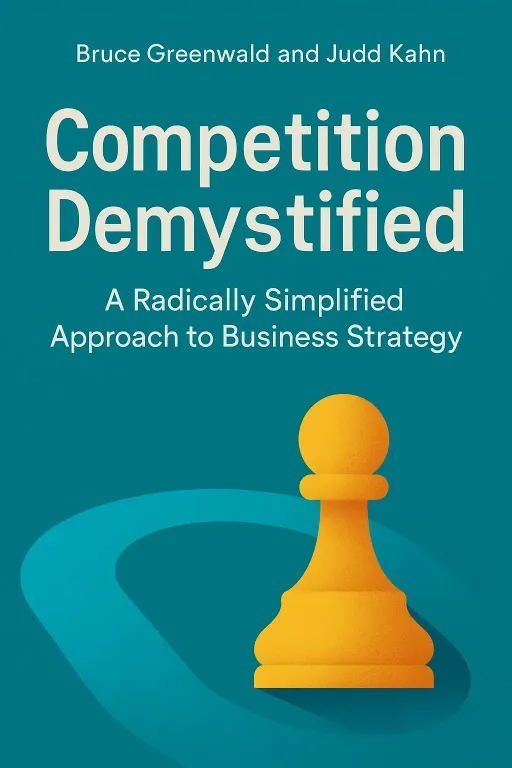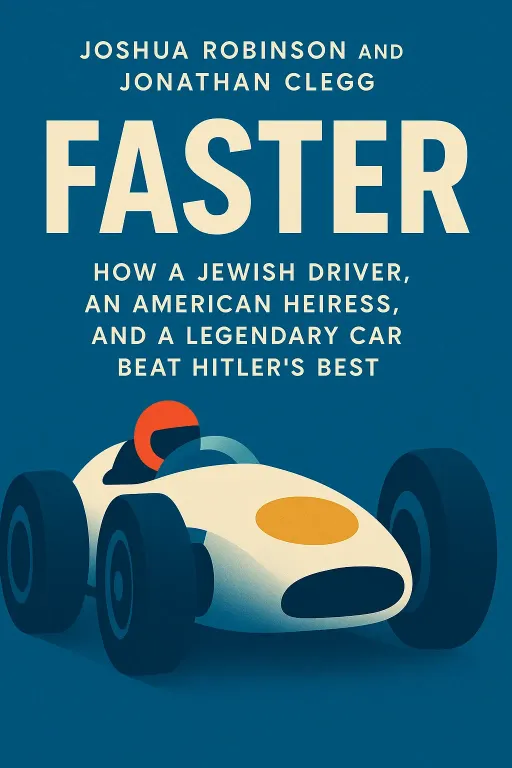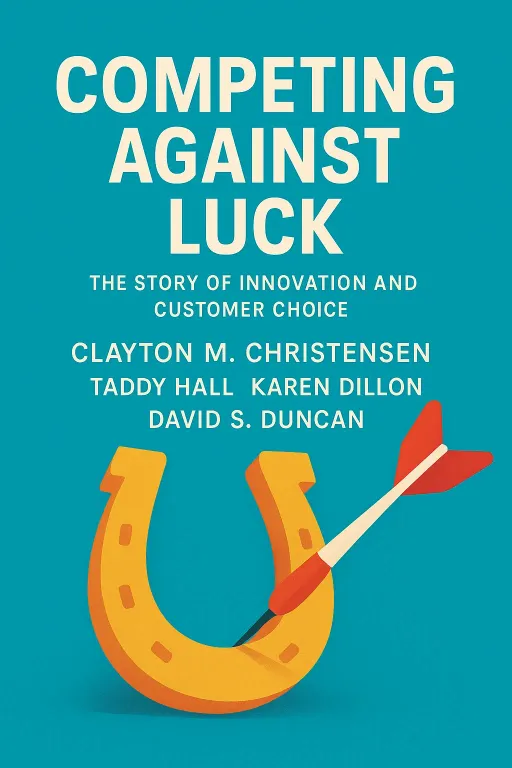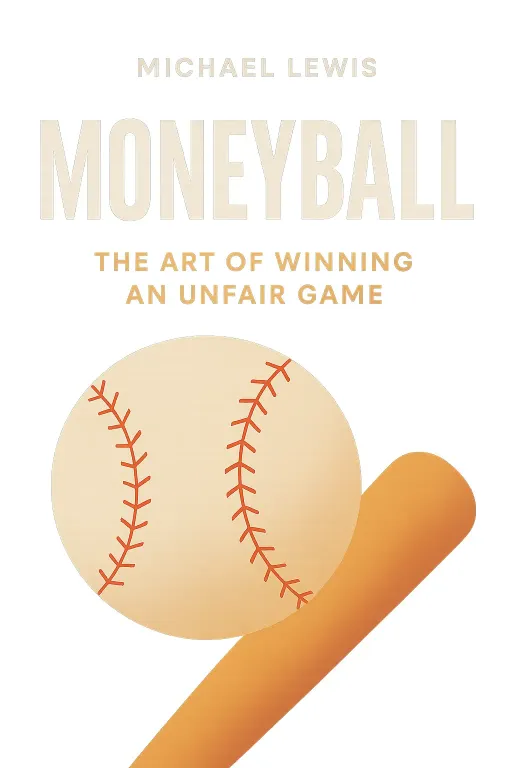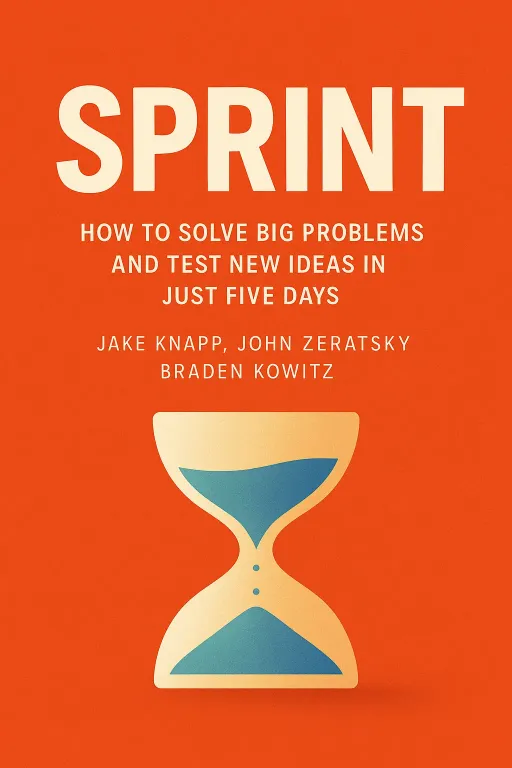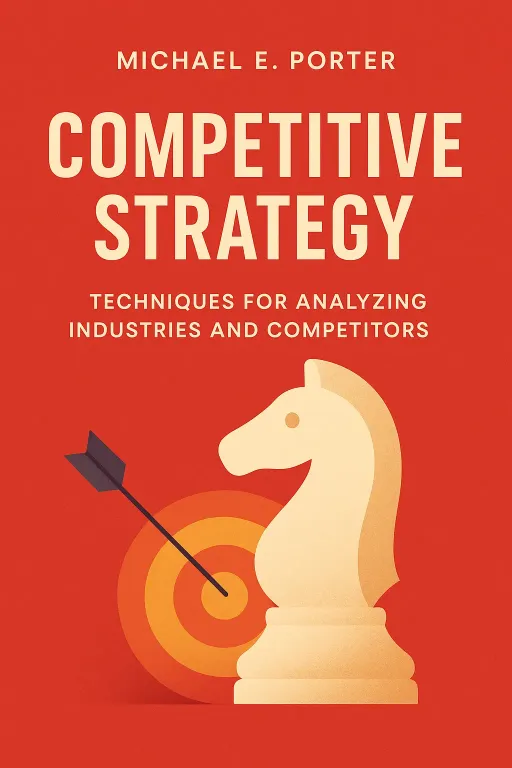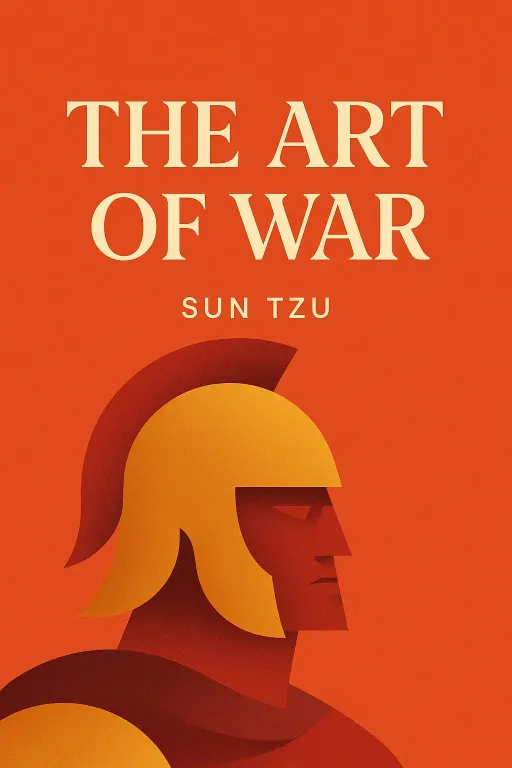
The Art of War
11 minIntroduction
Narrator: In 200 AD, the warlord Cao Cao stood at a precipice. His forces, stationed at Guandu, were vastly outnumbered by the massive, seemingly invincible army of his rival, Yuan Shao. By any conventional measure, Cao Cao’s position was hopeless; a direct confrontation would mean certain annihilation. Yet, what unfolded was not a slaughter, but one of history's most stunning strategic victories. Cao Cao didn't just fight; he out-thought, outmaneuvered, and psychologically dismantled his opponent by attacking not the army, but its lifeline—the supply depot.
How can a smaller, weaker force triumph over a titan? This question lies at the heart of one of the most influential texts ever written on strategy: The Art of War by Sun Tzu. This ancient Chinese military treatise argues that victory is not a matter of brute force, but of superior intellect, meticulous planning, and a profound understanding of human nature. It reveals that the greatest battles are won long before they are ever fought.
Victory is Forged in Calculation, Not Combat
Key Insight 1
Narrator: Sun Tzu’s most fundamental principle is that war is a matter of life and death, a grave affair of state that must be preceded by intense calculation. A general who rushes into battle hoping for the best is already defeated. The victorious general, in contrast, wins first and then goes to war. This victory is achieved through rigorous planning based on five constant factors: the moral law (the people’s belief in their leader), heaven (weather and timing), earth (terrain), the commander’s qualities, and method and discipline.
Central to this planning is the principle that "all warfare is based on deception." The goal is to manipulate the enemy's perceptions, to appear weak when you are strong, distant when you are near, and disordered when you are disciplined. This creates opportunities to strike when and where the enemy is least prepared.
No story illustrates this better than the Battle of Cannae in 216 BC. The Carthaginian general Hannibal Barca faced a Roman army nearly twice the size of his own. Knowing he could not win a head-on fight, Hannibal devised a masterful deception. He arranged his troops in a crescent formation, with his weakest infantry bulging forward at the center and his elite cavalry on the flanks. As the massive Roman force charged, they easily pushed back Hannibal’s weak center, which conducted a planned, orderly retreat. The Romans, sensing an easy victory, pressed forward eagerly, driving themselves deeper into the U-shaped trap. At that moment, Hannibal’s cavalry, having already defeated their Roman counterparts, wheeled around and attacked the Roman legions from the rear, completely encircling them. The result was a catastrophic slaughter, a victory born not from superior numbers, but from superior planning and deception.
The Supreme Art of War is to Subdue the Enemy Without Fighting
Key Insight 2
Narrator: While deception is a tool for winning battles, Sun Tzu teaches that true excellence lies in avoiding battle altogether. He states, "To fight and conquer in all your battles is not supreme excellence; supreme excellence consists in breaking the enemy's resistance without fighting." The highest form of generalship is to disrupt the enemy's plans before they can materialize. The next best is to isolate their forces and prevent them from uniting. Attacking their army in the field is a mediocre option, and the worst policy of all is to besiege a walled city.
Sieges and protracted wars are ruinous. They exhaust the treasury, drain the soldiers' morale, blunt their weapons, and invite opportunistic rivals to attack a weakened state. Sun Tzu warns, "There is no instance of a country having benefited from prolonged warfare." A wise general understands the immense economic and human cost of conflict and therefore prioritizes swift, decisive action. They aim to take the enemy's state, army, and cities whole and intact, for what is gained by destroying the very thing you seek to acquire? This requires a focus on strategic victory over tactical annihilation.
Like Water, Strategy Must Adapt to the Terrain
Key Insight 3
Narrator: Sun Tzu famously wrote that military tactics are like water. Just as water shapes its course according to the ground it flows over, a brilliant strategist avoids the enemy’s strengths and strikes at their weaknesses. There is no single, fixed strategy for all situations. Victory depends on the ability to perceive, adapt, and exploit the unique conditions of the battlefield and the vulnerabilities of the opponent.
This means being formless and mysterious. A general must conceal their own dispositions while working to uncover the enemy's. By remaining unpredictable, a commander can concentrate their forces against a divided or unprepared enemy, creating local superiority even when outnumbered overall. The goal is to impose your will on the enemy, forcing them to react to your moves and march to the places you dictate.
The Battle of Guandu is a perfect case study. Cao Cao knew he could not match Yuan Shao's numerical strength. Instead of confronting that strength, he adapted his strategy to attack Yuan Shao’s critical weakness: his arrogance and his poorly guarded supply lines. By launching a daring, surprise raid on the Wuchao supply depot, Cao Cao destroyed Yuan Shao's provisions and, with them, his army's will to fight. The massive army disintegrated not from combat losses, but from the collapse of its logistical and psychological foundation. Cao Cao flowed around the rock of Yuan Shao's army and eroded the sand beneath it.
The General is the Bulwark of the State, but Can Also Be its Greatest Weakness
Key Insight 4
Narrator: The outcome of a war rests heavily on the shoulders of the commander. A competent general is the "bulwark of the State," but an incompetent one is its greatest liability. Sun Tzu identifies five dangerous faults that can ruin a general: recklessness, which leads to destruction; cowardice, which leads to capture; a hasty temper, which can be provoked by insults; a delicacy of honor, which is sensitive to shame; and over-solicitude for his men, which exposes them to worry and trouble.
The cautionary tale of General Zhao Kuo during China's Warring States period embodies this warning. Zhao Kuo had studied military texts his entire life and could talk about strategy with great eloquence. When the State of Zhao was locked in a stalemate with the powerful Qin army, the impatient king replaced his veteran, defensive-minded general with the young, untested Zhao Kuo. Brimming with confidence from his book knowledge, Zhao Kuo abandoned the proven defensive strategy and recklessly led his entire 400,000-man army in an all-out offensive. The brilliant Qin general, Bai Qi, feigned a retreat, luring the Zhao army deep into a trap, where he cut off their supply lines and encircled them. After 46 days, the starving Zhao army was annihilated, and Zhao Kuo was killed. His recklessness, born from theoretical knowledge without practical wisdom, led to one of the deadliest disasters in ancient history.
Foreknowledge is the Ultimate Weapon
Key Insight 5
Narrator: Sun Tzu concludes his work by emphasizing the single most important element for a sovereign and a commander: foreknowledge. This knowledge—of the enemy’s dispositions, intentions, and leadership—cannot be gained from spirits or abstract calculations. It can only be obtained from other people, specifically through the use of spies. To grudge the expense of employing spies, he argues, is "the height of inhumanity," as it leads to prolonged conflict and immense suffering.
He outlines five types of spies: local (inhabitants of the district), inward (enemy officials), converted (enemy spies turned to your service), doomed (your own spies given false information to deceive the enemy), and surviving (spies who return with information). Of these, the converted spy is the most valuable, as they can provide a continuous stream of reliable intelligence and help recruit other agents.
The historical records of ancient China are filled with examples of this principle in action. The rise of both the Yin and Chou dynasties was credited to defectors from the previous regime—men like I Chih and Lu Ya. These were essentially converted spies who, possessing intimate knowledge of their former masters' weaknesses, provided the intelligence that allowed a rising power to overthrow an established one. They prove Sun Tzu's point that an army's ability to move and strike effectively depends entirely on the quality of its intelligence.
Conclusion
Narrator: The Art of War is more than a manual for soldiers; it is a profound treatise on the nature of competition and conflict. Its single most important takeaway is that victory is a product of the mind. It is achieved through discipline, knowledge, adaptability, and the psychological mastery of an opponent. Brute force is the crudest of all tools, to be used only when the intellect has already paved the way for success.
The enduring power of Sun Tzu’s work lies in its universal applicability. While its language is of armies and battlefields, its principles resonate in boardrooms, negotiating tables, and even personal relationships. It challenges us to look beyond the immediate confrontation and to see the deeper game at play, asking a timeless question: Are you prepared to win the battle before it even begins?
